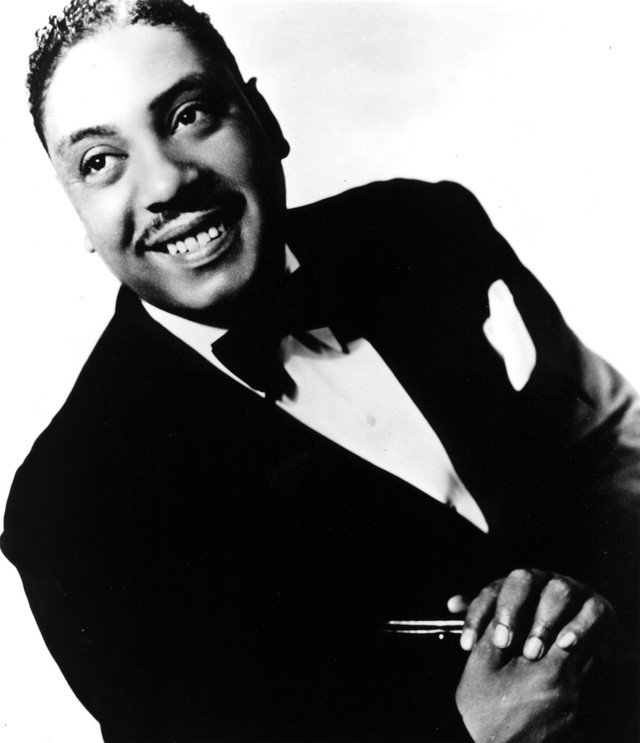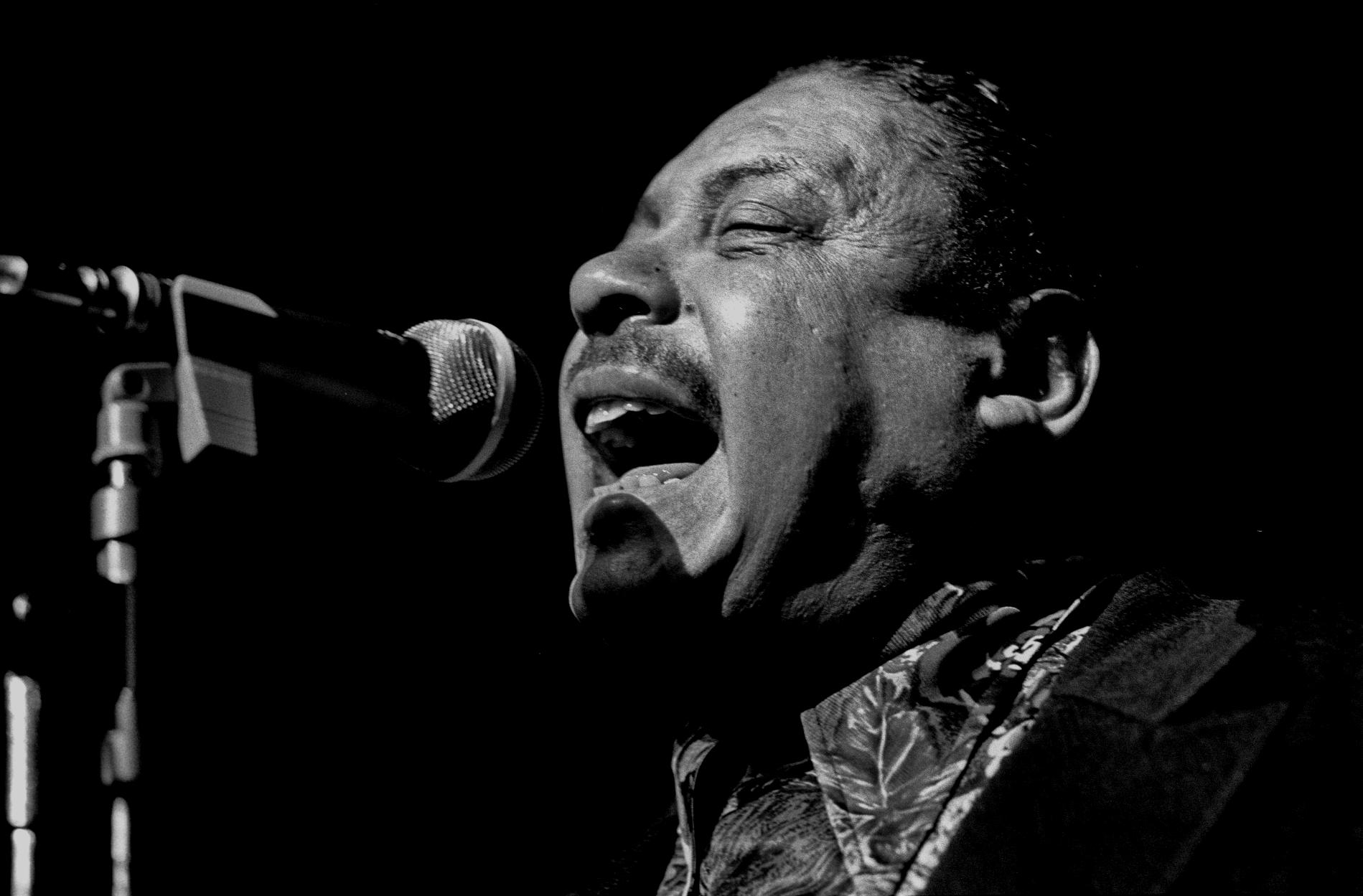Early Life and Beginnings Joseph Vernon Turner Jr., better known as Big Joe Turner, was born on May 18, 1911, in Kansas City, Missouri. From an early age, Turner was drawn to music, particularly the blues, which permeated the vibrant jazz and blues scene of Kansas City. After losing his father at the age of four, he started working odd jobs to support his family. However, his love for music was undeniable, and by his teens, he was performing in local clubs. Turner never learned to play an instrument but developed a powerful voice that could be heard over any band, earning him the nickname “Boss of the Blues.”
Rise to Fame in Kansas City Turner’s big break came as a singing bartender in Kansas City’s bars, most notably at the Sunset Café and the Kingfish Club. It was here that he partnered with pianist Pete Johnson, a collaboration that would become legendary in the blues and boogie-woogie genre. In 1938, Turner and Johnson were invited by music producer John Hammond to perform at the famous “Spirituals to Swing” concert at Carnegie Hall in New York City. Their performance of “Roll ‘Em Pete” electrified audiences and introduced a national audience to the emerging boogie-woogie style.
Recording Success and the Birth of Rock and Roll Following the success of “Roll ‘Em Pete,” Turner continued recording and touring throughout the 1940s. He worked with top jazz and blues musicians, including Count Basie, Meade Lux Lewis, and Albert Ammons. His powerful voice and rhythmic delivery made him a standout performer.
In the 1950s, Turner adapted to the changing music scene by embracing the emerging rhythm and blues sound. His 1954 recording of “Shake, Rattle and Roll” became a massive hit, reaching both black and white audiences. The song was later covered by Bill Haley & His Comets, further solidifying its place in rock and roll history. Many music historians credit Turner as one of the key figures in the transition from blues and boogie-woogie to rock and roll, influencing artists like Little Richard and Elvis Presley.
Later Years and Legacy Turner continued to record and perform well into the 1970s and 1980s, proving his longevity in the music industry. He collaborated with numerous artists, including blues legends like T-Bone Walker and Muddy Waters. In 1983, he was inducted into the Blues Hall of Fame, and two years later, he was honored with a spot in the Rock and Roll Hall of Fame for his pivotal contributions to the genre.
Big Joe Turner passed away on November 24, 1985, but his influence remains undeniable. His booming voice, charismatic stage presence, and ability to bridge the gap between blues and rock and roll have solidified his legacy as one of the greatest blues shouters of all time. His music continues to inspire new generations of musicians and blues enthusiasts alike.
Conclusion Big Joe Turner was more than just a blues singer; he was a pioneer who helped shape modern music. From his early days in Kansas City’s jazz clubs to his role in the birth of rock and roll, Turner’s contributions to music history are immeasurable. His powerful voice and energetic performances will forever be remembered as a cornerstone of American blues and rock music.


Comments are closed